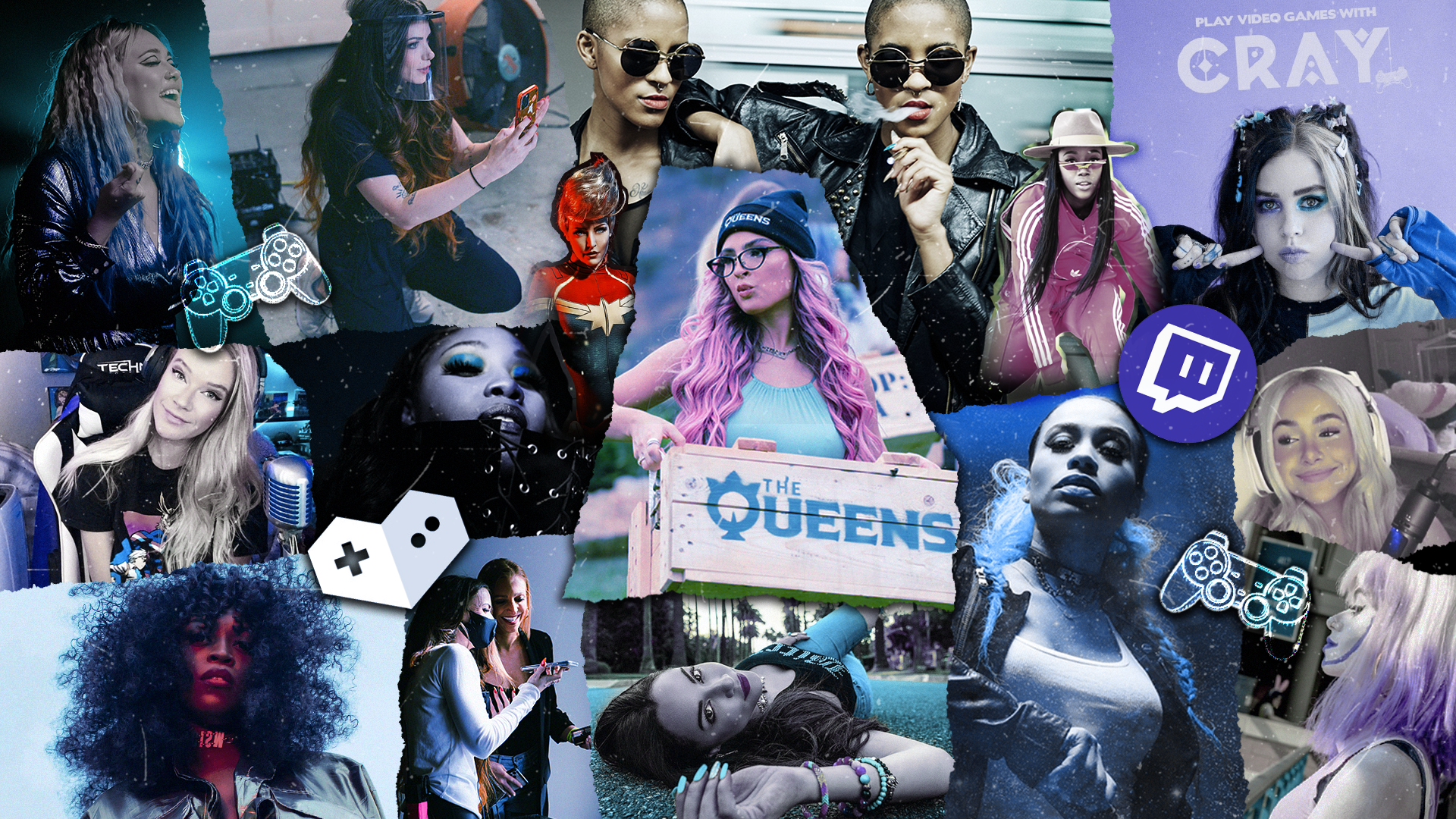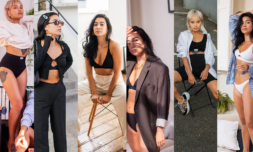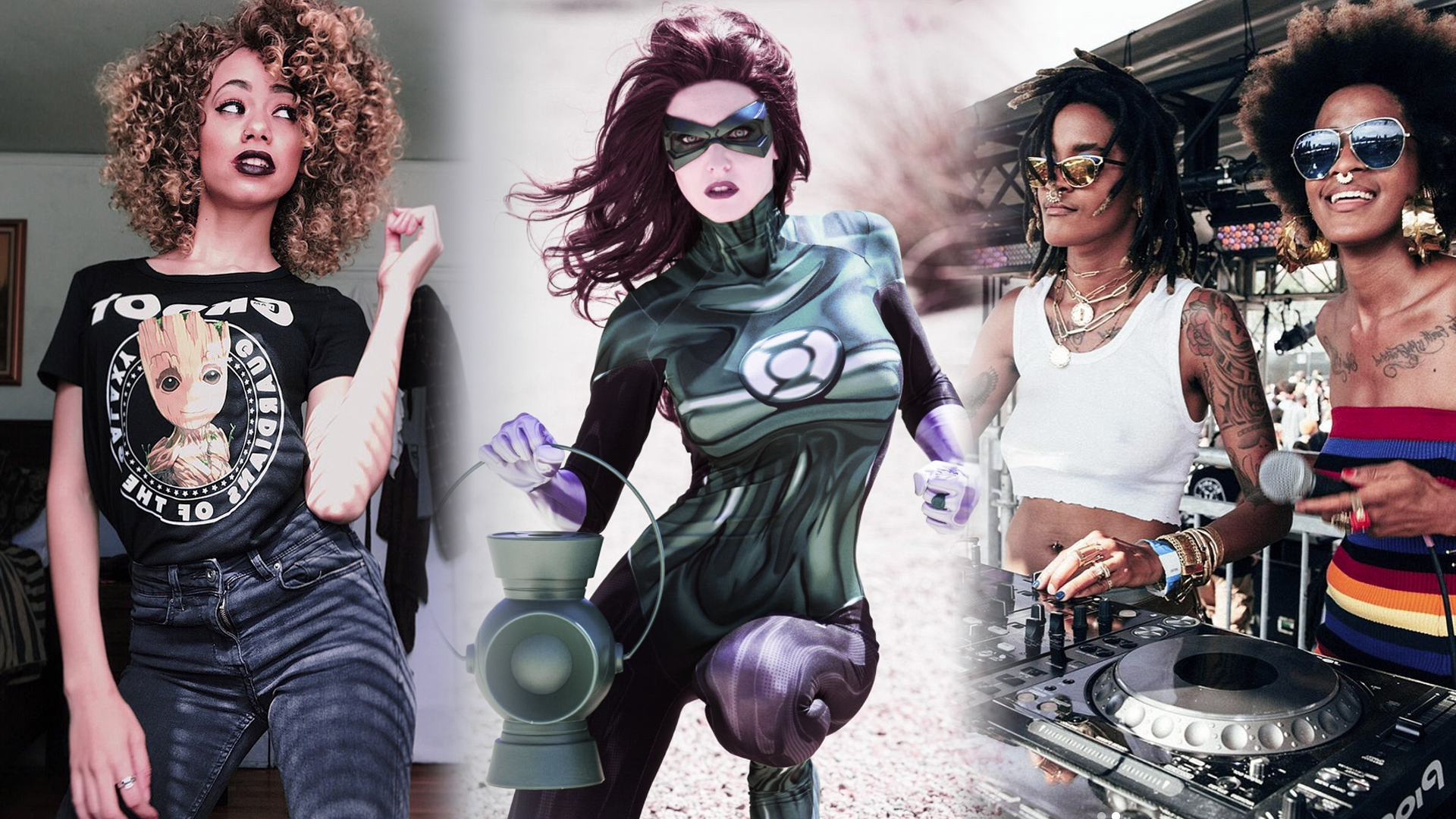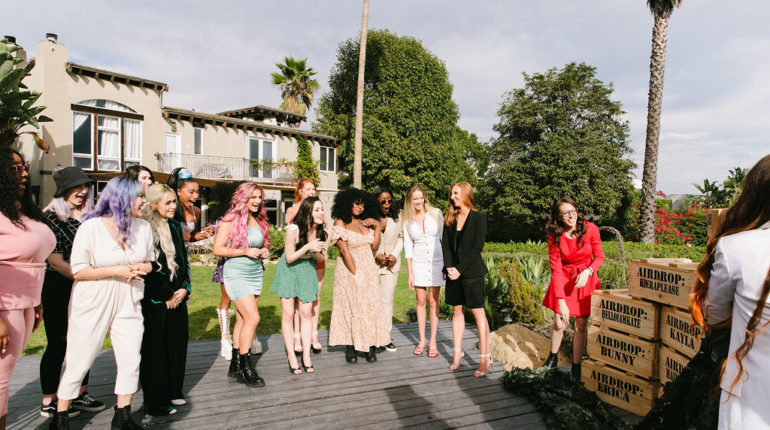Breakthrough media company Queens Gaming Collective aims to emancipate women from the male-centric gaming narrative, and it’s about time.
‘All the boys were terrified of us meeting… they were like what happens when an unstoppable force meets an immoveable object?’, says Alisa Jacobs, CEO and co-founder of Queens Gaming Collective of her business partner and co-disrupter Taylor Heitzig-Rhodes.
She’s describing the moment she took the idea of Queens, a radical new lifestyle company that represents, collaborates with, and empowers female creators in the gaming industry, across the United States to established esports agent Heitzig-Rhodes, along with a job offer. ‘I had to fly across the country and have tea,’ Alisa laughs. Both women had carved out space for themselves in industries where foundations seem thinner for women and possessed a quality that often makes men in business nervous: they unapologetically took up space. Alisa’s colleagues saw disaster afoot, assuming that the surplus of female creative energy when they met would simply collapse in on itself like a dying star.
Fortunately, that’s not how physics works. ‘They were all texting asking how it went and I was like, “she’s a force, I love her.”’
It’s understandable that some people might be confused by the concept of two powerful women collaborating because they might not have seen it done before – particularly within the gaming industry. Despite the fact that almost half of the 2.6 billion self-identified ‘gamers’ in the world are women, the practice is still seen as inherently male. The narrative that gaming has an XY chromosome is socialised into us from a young age, and has led one of the world’s fastest growing industries to be almost entirely run by, and marketed at, men.
It’s this disconnect between the experiential reality of gaming’s audience, and the ethos of maleness it leans towards in culture, that Queens Gaming Collective aims to bridge.
Ostensibly, Queens is a lifestyle brand that represents female talent in the gaming sphere, developing gamer’s personal brands whilst launching its own media network. But it’s so much more than that. As I sat down with Alisa and Taylor on a Zoom call ahead of their launch, the enormity of their vision is both overwhelming and so radically simple I could cry.
‘At its core Queens is a media company’, Alisa explains. But the energy that powers this foundation pulses through three verticals: representation, content creation, and e-commerce and merchandising. Queens aims to nurture and develop the brands of women it’s coronated through growing their engagement, collaborating with them on content, and ultimately creating a female space in gaming where previously, there was none (or, at least, none that was accessible).
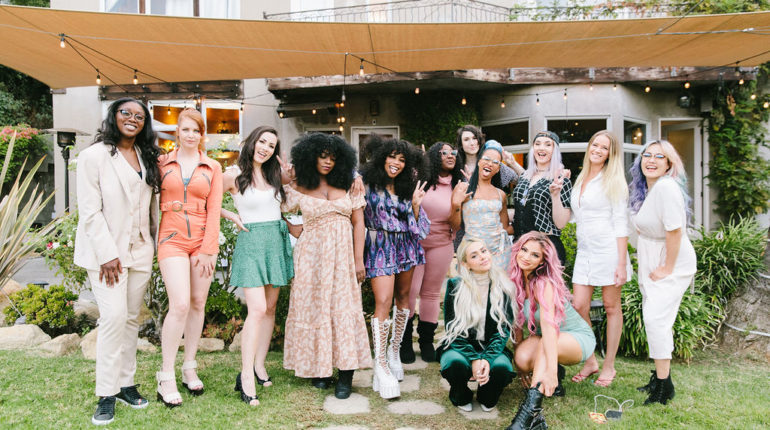
As Alisa points out during our conversation, there have been women gaming collectives or all women esports teams in this arena before; ‘it’s not totally reinventing the wheel.’ However, what is profoundly new about Queens is its holistic approach towards representation. Queens plans to support its talent through a many-pronged approach to advocacy – ‘when you think about these women… you think about not just their multi-dimensionality but also their passions,’ Alisa states. ‘They are gamer “and”… Gamer and activist, gamer and artist, musician, mother, daughter, sister, friend.’
Here Queens is once again treading in territory less explored. Whilst the growth of gaming as a business is a hot topic in today’s fiscal discourse, with the industry set to hit $174.9 billion this year (+20% YoY) and top $217.9 billion by 2023, the area this evolution will aggregate most powerfully in is one most people don’t associate with gaming at all. ‘The fact that when we name the top three to five verticals in culture we don’t say gaming is a joke,’ Alisa gesticulates. ‘It’s e-culture, it’s the digitisation of culture, and it’s also community.’
‘One of the things that makes all of these women stand out to us is that all of the[m]… had taken the time to present themselves as holistic, complex, dynamic human beings’ Taylor continues.
‘It’s e-culture, it’s the digitisation of culture, and it’s also community.’
Indeed, the roster for the inaugural class at Queens is a smorgasbord of zeitgeisty talent and ‘next-big-things’ through all corners of the culture game, from influencer and musician Kiera Please, to DJs and designers Coco and Breezy, to NBA champion Alexis Jones (scroll to the bottom of this article for the full list of talent). All of these women are influential in the gaming sphere, and plan to become moreso with Queens, but they also have bold new streetwear labels to launch, albums to drop, and activist communities to cultivate. And Queens plans to give them the infrastructure to do so.
‘We have some incredible minds coming [to the Queens administrative team] from Amazon, TikTok, from Twitch, from everywhere that has ever built anything that someone would want to purchase or be associated with… We’re sort of acting as internal consultants, and beyond the talent managers there’s so many people who know a lot of really cool stuff,’ Alisa tells me. ‘[We’re that] phone a friend for these women… throwing up the bat signal.’
👑 ᴛʜᴇ ʀᴇᴠᴏʟᴜᴛɪᴏɴ ʙᴇɢɪɴs 𝟷𝟷/𝟷𝟽/𝟸𝟶 👑 #QueensGG pic.twitter.com/OHBNRIDyea
— XSET Queens (@xsetqueens) November 13, 2020
The second truly ground-breaking thing about Queens’ brand of advocacy is the financial aspect of the contract they offer these women. Each newly crowned queen becomes an automatic equity partner in the business at large – they’re not just given a nod towards their talent in abstract but are spoken for by Queens in the most genuine way one can be in business: via its bottom line. ‘I think what’s special about that is that it [self-branding] is storytelling and having these women as equity partners… means they get to have a say in telling their own stories.’









